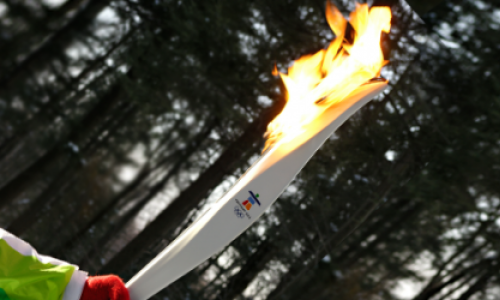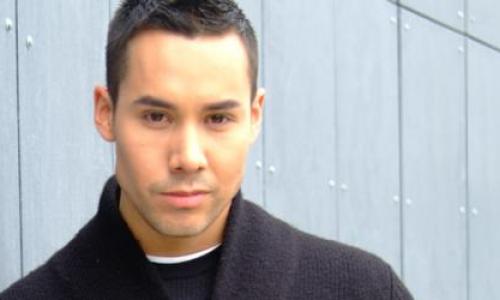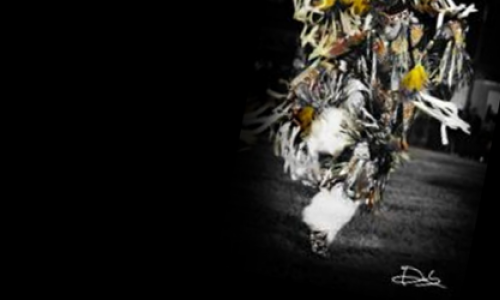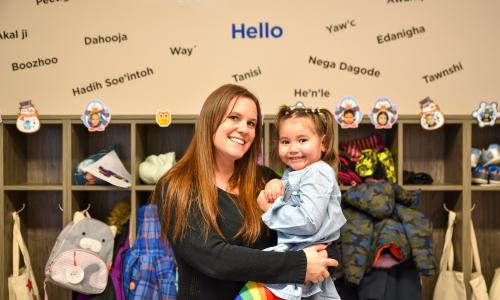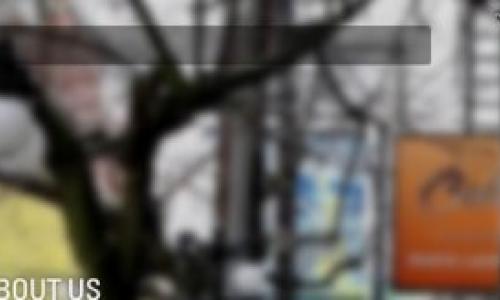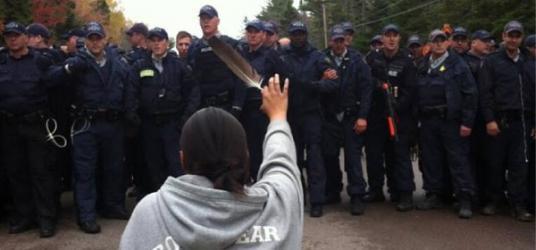
I write this in the aftermath of the explosive media wave that happened on Thursday October 17th, 2013, where I sat glued to my computer (when I was supposed to be studying for my two midterm exams that afternoon) in shock at what was taking place across the country with my brothers and sisters. As I scanned the internet every few seconds for new updates, pictures, videos and Facebook posts, I forgot all about the facts that I was supposed to be memorizing, the graphs I needed to understand, and the dates that were important. Everything became so trivial, my coffee on the table next to me grew cold, my phone went unanswered, and my books lay untouched. I couldn’t take my eyes off the screen that kept showing me the atrocities that were taking place in a setting that I myself had been in just 3 months prior. This peaceful blockade, set up as an example of unwavering Indigenous determination to protect our traditional territories and way of life, was under attack by the very people that I thought were put in place to keep me safe at night from the bad guys and the villians that the world had set me up to believe in. My entire world was shattering, and I didn’t know what to do about it.
I immediately began reposting every single piece of journalism, pictures, and video that I could get my hands onto on my Facebook, pleading with people to sit up and care as much as I did. With my posting of all this information for those who didn’t know what was going on, I found myself in a state of emotion that I usually would have reserved for much more personal situations, such as a loved one being hurt (emotionally or physically) and not standing up for themselves, or losing something of personal value to me. However, then I realized that this was an entirely appropriate response to the events that were taking place in New Brunswick between both the Indigenous and non-Indigenous people who were being (here I search for the right word because ‘attacked’ sounds a little intense, but in reality, that is what happened, on both a physical, mental, and spiritual level) attacked. Through my passion and dedication to promoting and defending indigenous land and cultural rights and way of life, I found myself connected to these events, on the other side of the country, on an emotional and almost spiritual level. I felt every step that the RCMP took towards the protesters, I could hear every scream that people my age, the young children, the peaceful drumming women, and the elders caught up in the struggle released. I can’t explain this connection through any quantititative manner that you might expect, it was just a subconscious physical (and cultural) response.
As I sat and quietly cried in the AQ outside of Renaissance Coffee, the entire world felt like it had left me behind. The table next to me was talking about their upcoming exam, the people standing at the table behind me were talking about their weekend plans, and I could see the girl in the chair across from me looking at pictures on her instagram account. Of course, there is nothing wrong with this, and I’m not hating on anyone here, but I felt so out of place in the world of academia and the university at that moment. Why was I here, why were all these people here? We’re supposed to be at university to expand our knowledge about the world, and to understand the world outside of our own, and none of these people even seemed to be aware of the injustice that was taking place in our own country to people that were peacefully protecting what was important to them.
It truly is amazing the connection that we can have to an event, a situation, or a movement that is on the other side of the country, yet is still able to imbed itself within our hearts. I have never met any of these people, and I may never meet any of them, but I shared in their pain and their fear as if I was on the front line of the blockade. Maybe its because of my First Nations heritage, maybe its because I was exposed first hand to the resistance of the Unist’ot’en blockade in Northern BC this summer.
I spent the summer treeplanting in Northern BC this summer, and one of the contracts that we were given was past the Unist’ot’en blockade against the proposed Enbridge, Coastal Gaslink, and PTP pipelines. It was this exposure to the peaceful resistance and emphasized cultural setting that instilled in me the passion to become an advocate and voice in the university setting for this kind of resistance. With only five people truly living their lives as a physical blockade against the destruction of traditional First Nations lands, which although had been ravaged by forestry and logging already, were still pristine and beautiful with wildlife, flowers, and berries growing rampantly with no infrastructure or people occupying the land to yield to. It was a stunning experience, and made me understand on a deeper level what these people were protecting. I spent some time in the log house that they had constructed next to the river and the bridge that they had blockaded with signs and a large bus, and their welcoming attitude and desire to share their knowledge and goals created a sense of unity and understanding between us. It was an experience that I wish more people could have shared in, and hope that in the future there will be an opportunity for them to share their story in a larger context, to bring more awareness.
However, this experience directly related to me and what was happening out east because at any moment, the government and the RCMP could decide that they had had enough of the blockade and move against the Unist’ot’en blockade as well in the same manner. Without support and community recognition for them, who knows what could take place up north, considering what had taken place in New Brunswick.
Regardless of why I felt this level of emotional response, I understand it because of my level of cultural identification with the traditional life of the First Nations people. I was taught to respect the land, and the resources with which we are allowed access to. I was also taught to not take more than needed, and to value the environment and nature over my own personal need. The greed and the disrespect of the government in response to a peaceful defence of the land invoked emotions within me, and I was compelled to share them with anyone I could possibly reach, either by conversation, social media post, or class discussion. I hope that in writing this, people will realize that just because a social atrocity took place on the other side of the country, it can just as easily happen a lot closer to home. We need to educate people on the facts at hand, both in terms of pipelines and fracking, and the potential consequences that can occur both socially and environmentally. I stand in solidarity with the Mik’maq people blockading in New Brunswick, but also with all of the similar movements across the country and within our BC borders, and hopefully through the increase of visibility of this issue both within and outside of the SFU University setting, other people will join the movement.









